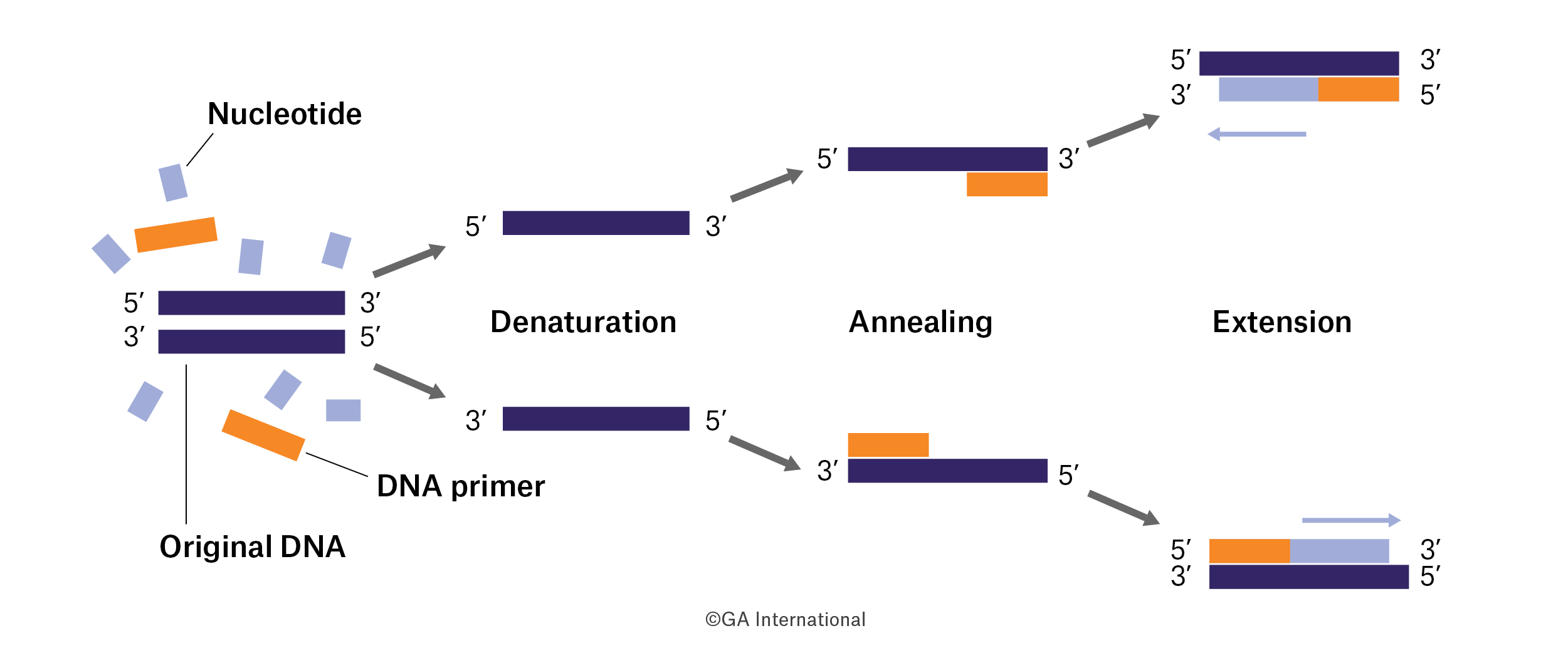


Swab your nose, not your throat - at least for now.Īdvice to swab your throat is making the rounds on social media, but experts are hesitant to recommend this - for now. That same concept is why the CDC still recommends that you mask up around others for ten days after you initially test positive for Covid, even if you have no symptoms. A small study released earlier this month followed 30 people who used both rapid and PCR tests at the same time, and found four cases where people still passed the virus to others after testing negative on rapid tests. If you do test negative, you should still exercise caution, warns Binnicker. Since rapid tests look for a protein that's made by an actively replicating virus, it's a better marker for contagiousness. "A PCR test will still be positive if dead virus is in your nose, which can last for many weeks after an infection," Roberts explains. Scott Roberts, a Yale Medicine infectious diseases doctor and assistant professor at the Yale School of Medicine in New Haven, Connecticut.īut they're less helpful in determining whether you're still contagious. They're much more sensitive, too - making them the best tests to use to determine infection, says Dr. PCR tests are more accurate for detecting Covid than rapid tests. Wondering if you're still contagious? Take a rapid test. Multiple tests can't hurt, even if you feel fine: Repeated rapid testing over multiple days enhances the chances of detecting infection, says Christopher Brooke, PhD, an associate professor of microbiology at the University of Illinois in Urbana, Illinois.Ī study Brooke co-authored, published last June in the Journal of Infectious Diseases, found that both PCR and antigen tests can pick up 98% of all Covid cases if they're done at least every three days. That reflects the Centers for Disease Control and Prevention's current guidance, which notes that "repeating the test within a few days, with at least 24 hours between tests, will increase the confidence that you are not infected." If you don't have symptoms, but want to test after you've been exposed, do it on your third and fifth days post-exposure, Binnicker adds. "If both tests are negative and symptoms persist or get worse, seek out PCR testing for both Covid-19 and influenza," he says. If you have Covid symptoms like fever, cough, sore throat, runny nose or congestion, but test negative, he recommends that you take a second at-home test in 24 to 48 hours. While the PCR is the gold standard for testing, if you can't get one, two rapid antigen tests spaced 48 hours apart are an acceptable alternative, says Matthew Binnicker, Ph.D., Medical Director of the Clinical Virology Laboratory at the Mayo Clinic in Rochester, Minnesota.


 0 kommentar(er)
0 kommentar(er)
